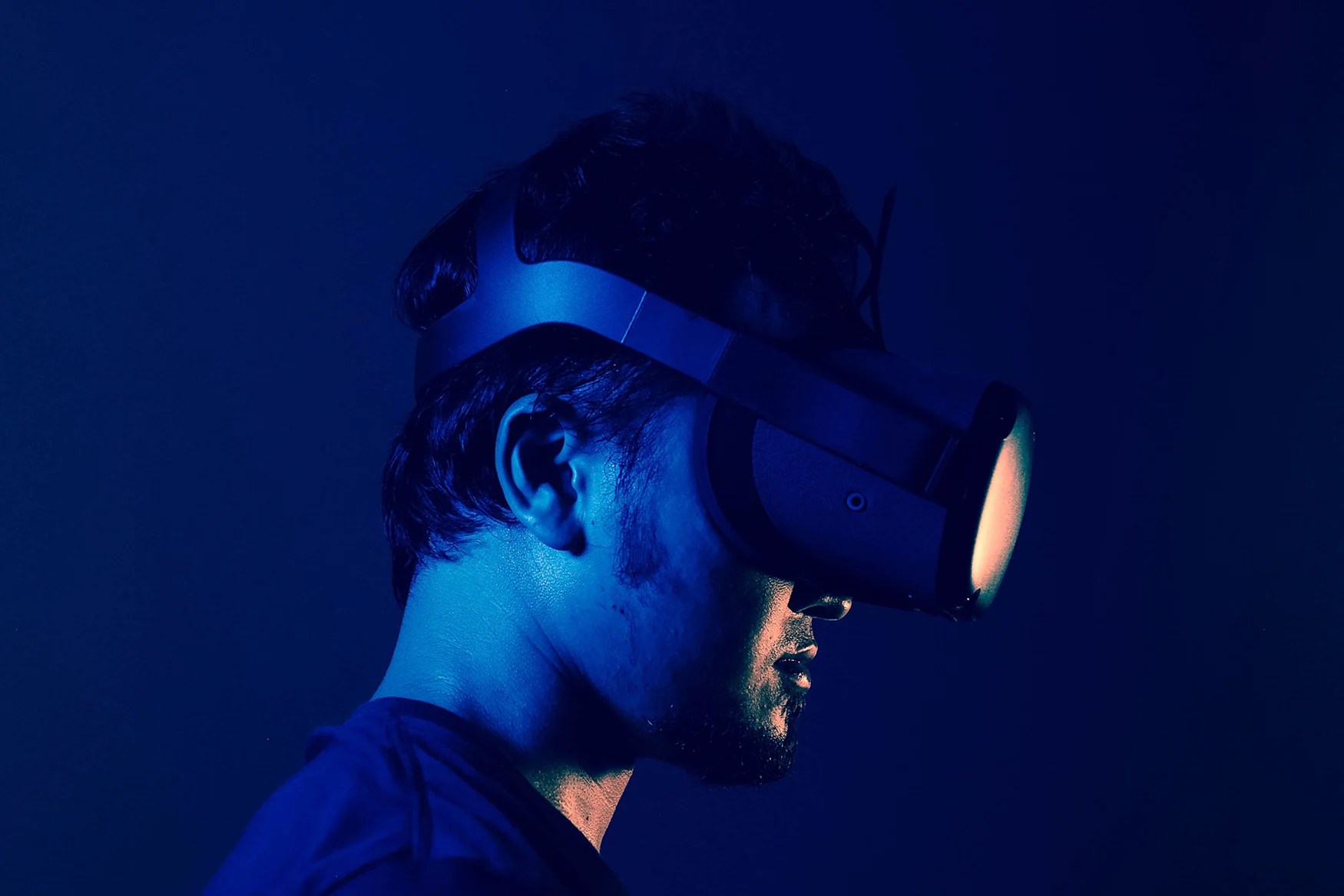Apple’s Worldwide Developers Conference regularly sets the tone for the company’s future, and that may be truer than ever for 2023. Many expect the company to introduce its first mixed reality headset at the event, with a new platform to match. However, the wearable is far from the only major announcement believed to be coming at WWDC this year. Rumors have included a larger MacBook Air, a major watchOS update and even app sideloading on iOS. Here’s what you’re likely to see on June 5th.
Mixed reality headset
Minh Pham on Unsplash
Apple’s first foray into mixed reality hardware (that is, a blend of real and virtual worlds) is one of the company’s worst-kept secrets. The tech giant has been acquiring headset-friendly startups for years, and Tim Cook hasn’t been shy about his interests in augmented and virtual reality. Now, though, a headset appears to be ready for a WWDC debut — Apple’s event logo even hints at a lens.
If the rumors are accurate, Apple’s stand-alone device (possibly called Reality Pro) may be more powerful than the Meta Quest Pro and many other high-end headsets. It might offer a 4K resolution per eye, with at least six cameras providing a view of the outside world as well as full body motion tracking. It could also use an M2 chip that outperforms the mobile processors you typically see in stand-alone headsets. Expectations are that it will require an external battery pack and last for just two hours on a charge, but it would be relatively light and slim.
The true star might be the software, though. The Apple headset will reportedly run a new platform (possibly called xrOS) designed with mixed reality in mind. Rather than rely on controllers, you would use hand gestures, gaze detection and Siri voice commands to navigate the interface. An Apple Watch-style crown would toggle between AR and VR, and you could type in mid-air.
This initial device is believed to be focused on productivity, with VR-ready versions of Apple apps like Pages, iMovie and GarageBand supposedly in the works. You could even have one-on-one FaceTime video calls with full-body avatars, or make simple apps using Siri. There could still be plenty of more entertaining options, though, including meditations, workouts, immersive video viewing and games. Many existing iPad and iPhone apps are said to work with only slight modifications, so you might not have to remove the headset just to use your favorite software. Just don’t expect a metaverse — Apple has apparently ruled out a persistent virtual space.
Apple’s headset isn’t expected to ship until later in the year. Not that it will necessarily be viable for many fans. Rumors suggest this first model will cost around $3,000, or three times the price of the Quest Pro. A more affordable variant is supposedly in development, but the first product could be aimed squarely at developers, professionals and early adopters.
15-inch MacBook Air
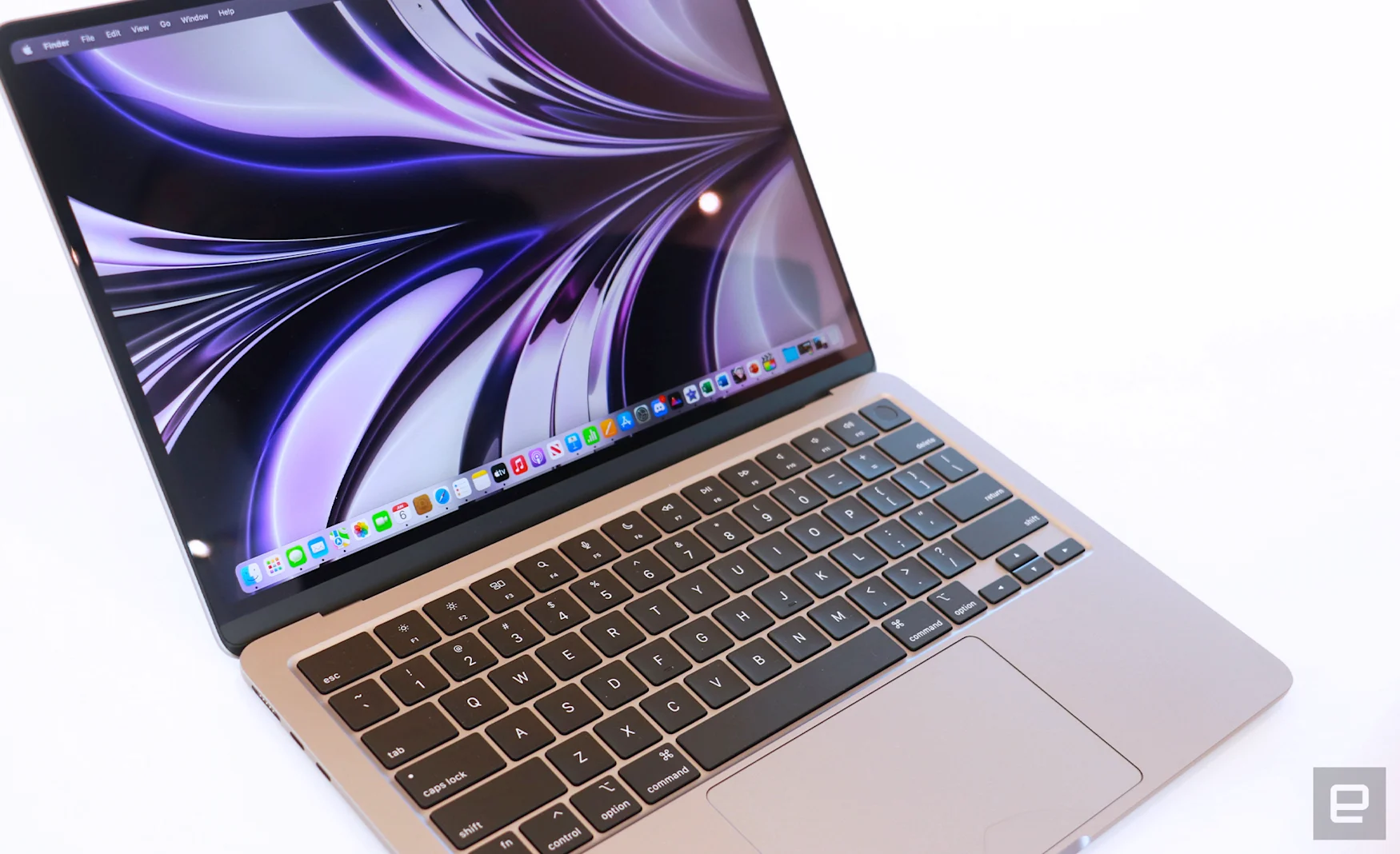
Cherlynn Low/Engadget
Until now, you’ve had to spring for a high-end MacBook Pro to get an Apple laptop larger than 14 inches. That might not be necessary after WWDC. Rumors and developer logs suggest Apple is on the cusp of launching a 15-inch MacBook Air that puts big-screen portable Macs within reach of more people.
While the current-generation 13-inch MacBook Air is roughly a year old, the rumored 15-inch version would continue to use a variant of that system’s M2 chip and might come with 8GB of RAM in a base configuration. You could see a higher resolution display. similar to that of the 14-inch MacBook Pro (albeit without a 120Hz refresh rate), and it won’t be surprising if the larger chassis allows for a bigger battery.
iOS 17 and iPadOS 17
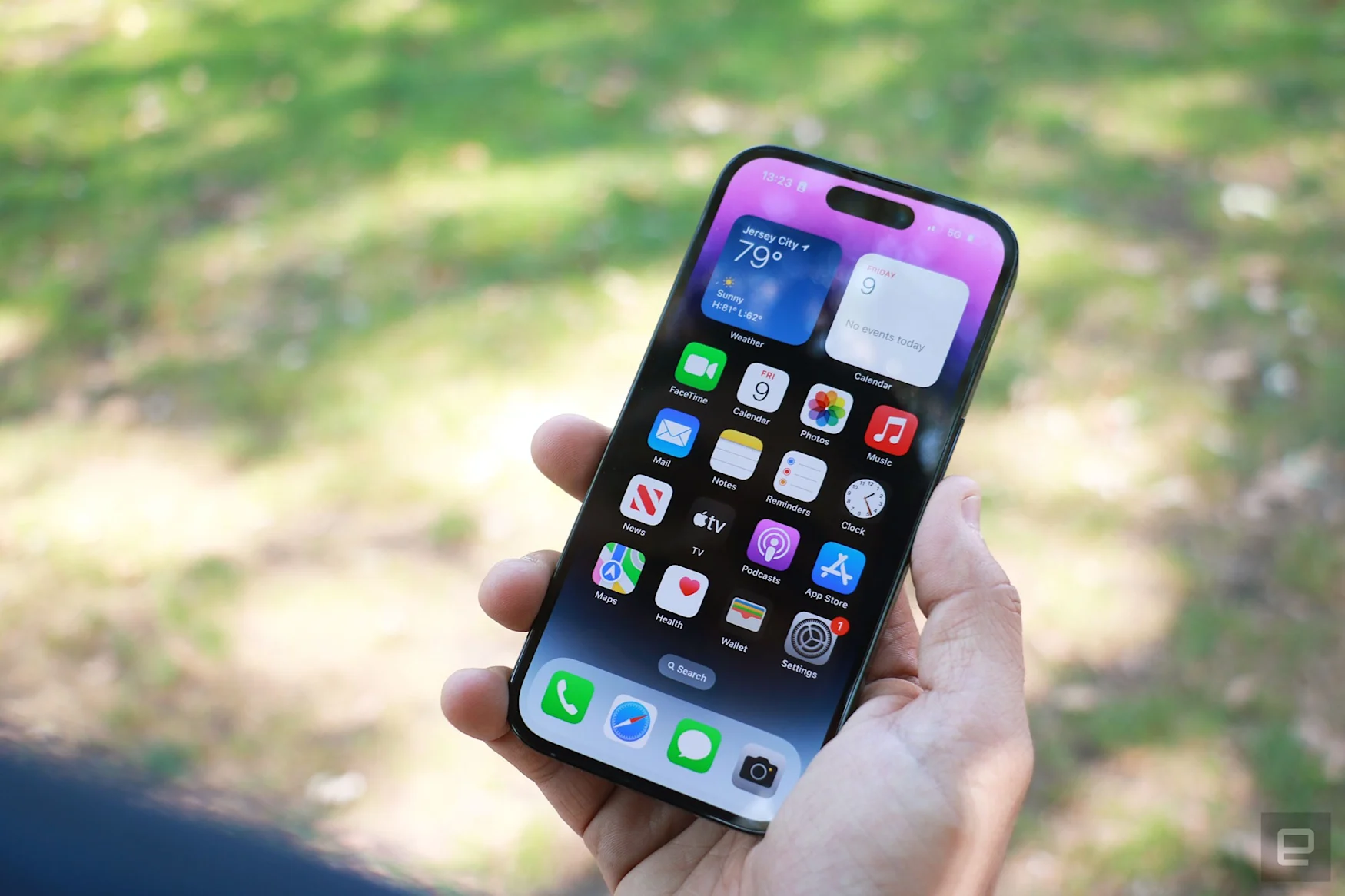
Cherlynn Low/Engadget
This year, Apple’s most important software upgrade for the iPhone and iPad may expand user choice. Rumors have persisted for months that iOS 17 and iPadOS 17 will enable sideloading – that is, installing apps outside the App Store – to honor European Union competition rules. Just like on Android, you could download apps directly from the web or through third-party stores. That would allow for things that aren’t possible under Apple’s existing rules, such as web browsers that use their own engines instead of WebKit.
Sideloading might not be the only notable feature. MacRumors claims iOS 17 will revamp the Control Center. You could also see a Day One-style life journaling app and mood tracking in the Health app. There have also been reports the company will expand the functionality of the iPhone 14 Pro’s Dynamic Island, give Maps a new lock screen interface and streamline the Music and Wallet apps. The iPad may play catch-up in some areas, with iPadOS 17 rumored to inherit iOS 16’s lock screen customization and include a tablet-native Health app.
Accessibility may play an important role, as well. Apple recently previewed a series of iOS features that make the iPhone more usable for people with disabilities. Assistive Access provides a simplified interface for people with cognitive issues, while Live Speech and Personal Voice have iOS speak written text during calls. You can even have your phone speak what it sees on text and buttons. Apple hasn’t explicitly said iOS 17 will introduce these features, but a release “later this year” suggests that’s more than likely.
WWDC may also represent Apple’s opportunity to detail the next-gen CarPlay interface it teased at last year’s conference. While the company previously said the platform could control more in-cabin systems, it has yet to explain those capabilities. The first cars using this experience are due to arrive late this year, so Apple doesn’t have much time to prepare developers for the upgrade.
iOS and iPadOS updates typically launch in September or October. Public betas should be available considerably sooner, though, and have historically arrived within weeks.
WatchOS 10
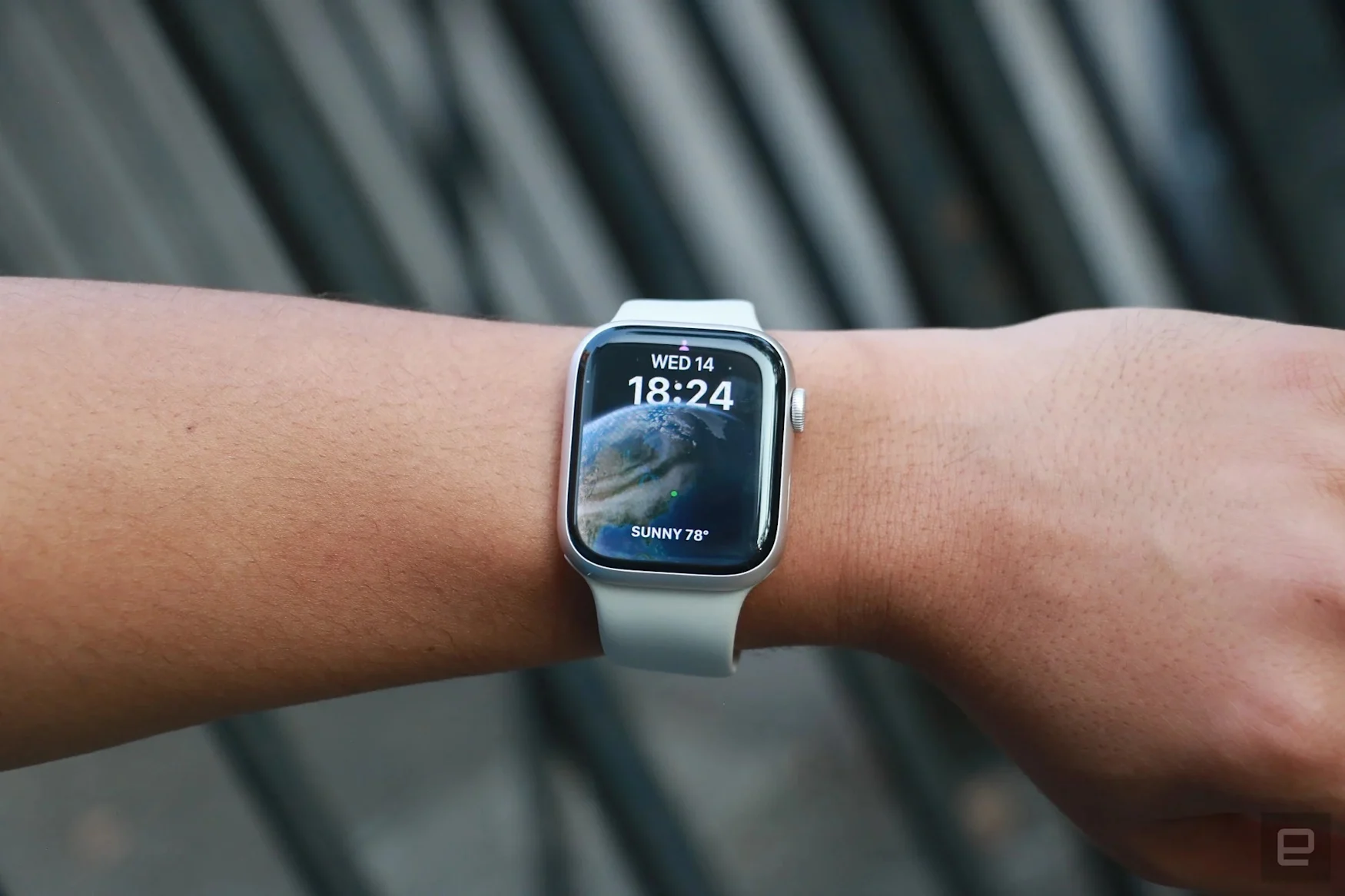
Photo by Cherlynn Low/Engadget
The Apple Watch may be due for the largest software update in its history. Bloomberg’s Mark Gurman claims watchOS 10 will be redesigned around widgets, bringing back traces of the Glances from the original OS with elements of the Siri watch face. Apps aren’t expected to go away, but they may be deemphasized in favor of quick peeks at information. Gurman speculates that Apple could make the interface optional at first to help users adjust to the revamp.
MacOS 14
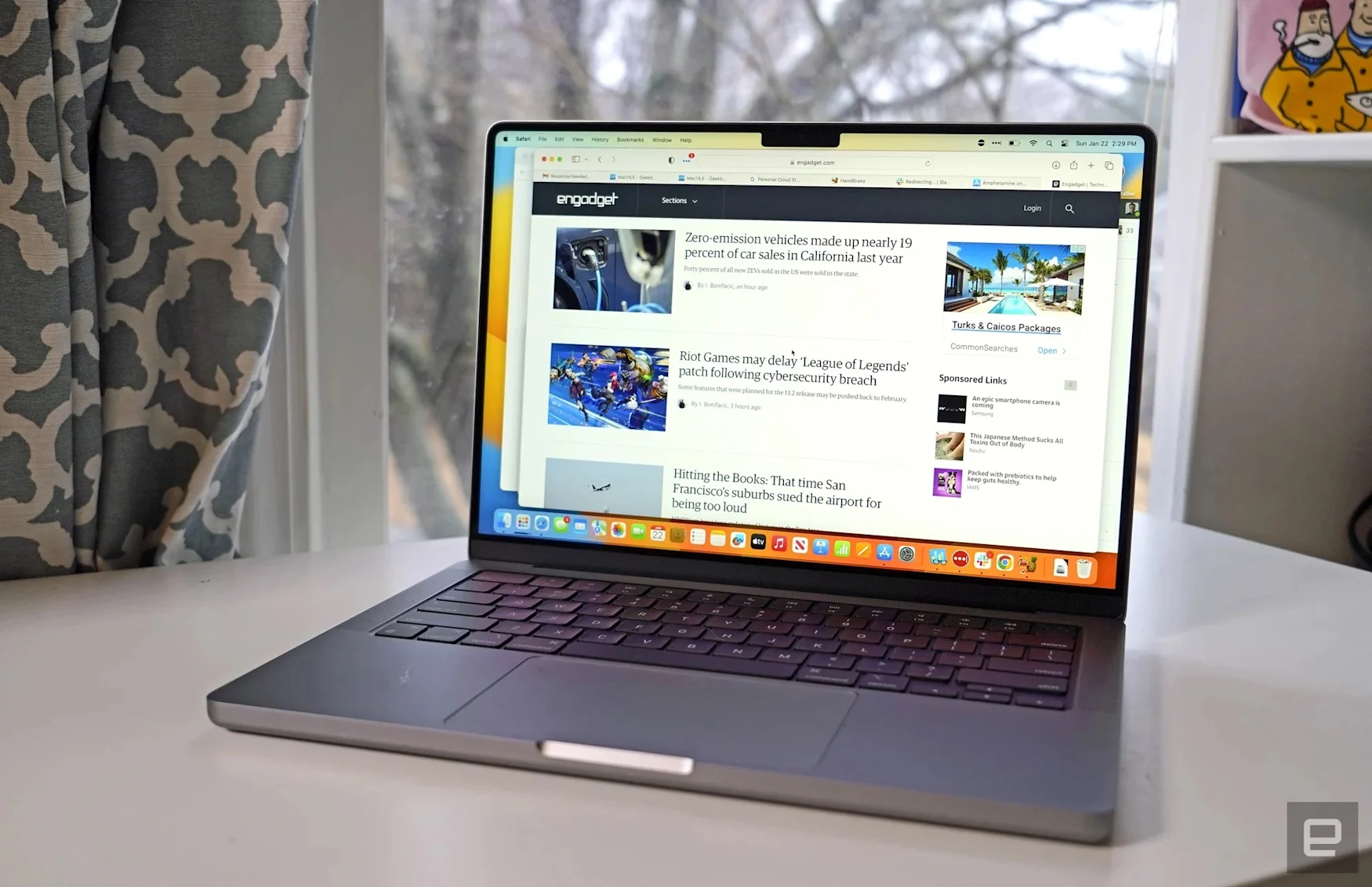
Photo by Devindra Hardawar/Engadget
Very little is known about the next major Mac platform update, but it’s safe to presume macOS 14 will make its debut at WWDC. Apple’s computer platform updates typically include some features borrowed from its iOS equivalent. Upgrades tend to arrive in October, with betas available in late spring or early summer.
Wildcards: M3 and more Macs

Photo by Cherlynn Low/Engadget
Most buzz around WWDC suggests Apple won’t debut its M3 system-on-chip at WWDC — hence the 15-inch MacBook Air apparently using the M2. With that said, we can’t completely rule out an introduction. If so, the new chip is poised to deliver performance and efficiency improvements thanks in part to a denser 3-nanometer manufacturing process.
If the M3 does show up, it won’t be shocking to see other Macs premiere alongside the Air. Gurman says a refreshed 13-inch Air is in the works, and an M3-powered iMac might ship in the second half of 2023. Pro machines aren’t likely, though. Gurman doesn’t believe an M3 Pro-based MacBook Pro will surface until 2024, and we wouldn’t count on Mac Pro or Mac Studio upgrades.
Credit: Source link



